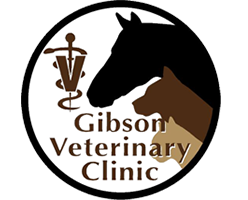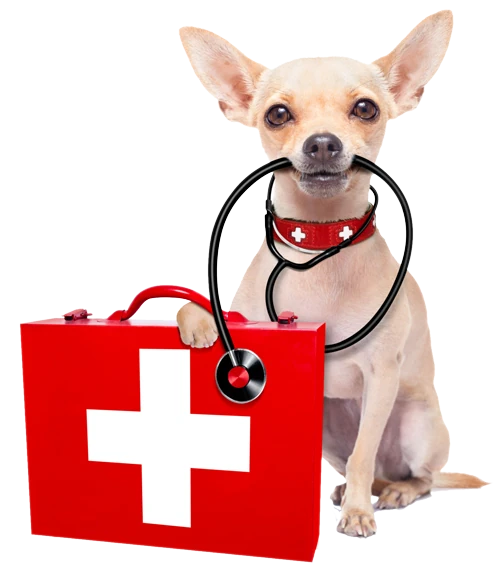Emergency
Our veterinary team in Gibson City extends a warm welcome to you and your pet, ready to provide care even in times of emergency!
Our office is available for emergencies. Call (217) 784-4711 & our answering machine will leave our emergency contact information.

The Do’s and Don’ts of Emergency Care:
When you call, state clearly what the problem is and be prepared to answer some questions about the pet.

